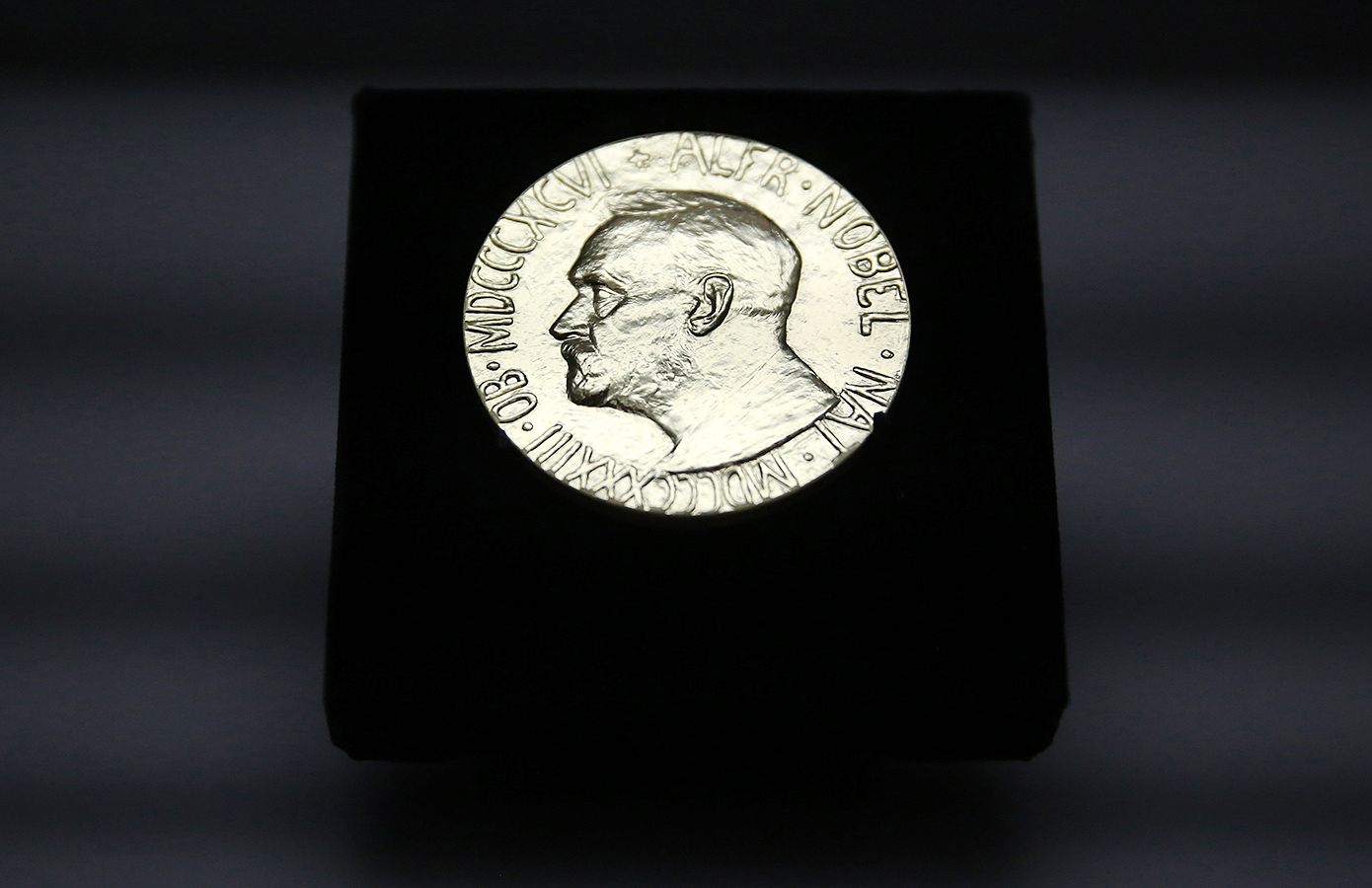
The Russian embassy complained to NRK that this “paranoia” was an attempt by the Norwegian security services to present “routine diplomatic work” as a secret service operation.
DPA/Global Look PressThe accusations over alleged Russian pressure on the Nobel Committee came after a meeting of the director of the Norwegian Nobel Institute, Olav Njølstad, with two employees of the Russian embassy in summer 2015. That meeting made headlines thanks to the local TV station, NRK (in Norwegian).
RIA Novosti reported (in Russian) that the diplomats asked Njølstad about a letter that the Ukrainian authorities allegedly sent the U.S. embassy in Oslo a request to pressure the Nobel Committee to award the Peace Prize to Ukrainian President Petro Poroshenko.
The Nobel Institute director suspected the letter was fake and asked the Russians about it, but they replied they didn’t know whether it was genuine or not.
Kiev, Washington and Oslo dismissed the letter as fake. Yet, nearly two years later the head of Norwegian counterintelligence, Arne Christian Haugstøyl, told (in Norwegian) NRK that one of the Russian diplomats talking to Njølstad was a spy. That visit, Haugstøyl insisted, was an operation to influence a committee member.
Haugstøyl added that the story was made public because the fake letter was used to discredit a potential Peace Prize candidate. In turn, the Russian embassy complained to NRK that this “paranoia” was an attempt by the Norwegian security services to present “routine diplomatic work” as a secret service operation.
Russian officials in Moscow were quick to react to these accusations leveled at its diplomatic mission.
“We have no influence whatsoever on the Nobel Committee, and if we had then there would’ve been more Russian nationals among Nobel Prize winners,” said Vyacheslav Nikonov, head of the State Duma’s Education and Science Committee.
“Our secret services abroad simply do not have the power to put pressure on or influence the Nobel Committee,” said Frants Klintsevich, first deputy head of the Federation Council’s Defense and Security Committee.
These European accusations against Russia are part of a residual inertia that should disappear in 12 to 18 months, said Konstantin Simonov, head of the National Energy Security Fund.
“The West’s attitude to Russia is dominated by two contradictory trends,” said Simonov. “One appeared in 2014 and sees our country as the source of all evil for humanity: we stage cyber attacks all over the world; win sporting events only thanks to doping; and want to conquer half the world. The other trend is now set by Donald Trump, who tries to reduce the intensity of anti-Russian hysteria, saying the main enemy is China, which is more relevant to U.S. interests.”
“The two trends contradict each other, but Europe is more inert and continues to follow the first one, insisting that Russia should be subjected to still more pressure,’’ added Simonov. “Yet, there too the situation will change thanks to the rotation of elites, as we see now in France where Fillon is running his campaign under the slogan of bringing relations with Russia back to normal.”
If using any of Russia Beyond's content, partly or in full, always provide an active hyperlink to the original material.
Subscribe
to our newsletter!
Get the week's best stories straight to your inbox